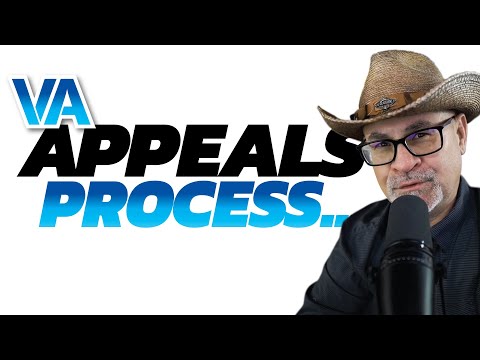The Truth About Winning Your VA Appeal – Insider Tips and Strategies for Filing a Successful Appeal
2 min read
Welcome to our guide on winning your VA appeal! If you are here, it’s likely that you have already received a decision from the Department of Veterans Affairs (VA) regarding your disability claim and you are looking to file an appeal. We understand how frustrating and overwhelming this process can be, but don’t lose hope just yet. With the right knowledge and strategies, you can increase your chances of winning your appeal.
In this guide, we will provide insider tips and strategies for filing a successful appeal. We will cover everything from understanding the appeals process to gathering evidence and presenting your case effectively. So let’s get started!
Understanding the Appeals Process
Before we dive into the specifics, it’s important to have a basic understanding of how the appeals process works. There are three main steps in the VA appeals process:
Notice of Disagreement (NOD) – This is the first step in appealing a decision made by the VA. You must submit an NOD within one year from the date on your decision letter.
Statement of Case (SOC) – If your NOD is denied, you will receive an SOC which outlines the reasons for denial and provides instructions for requesting a review from the Board of Veterans’ Appeals.
Board of Veterans’ Appeals – This is where your appeal will be reviewed by a judge who will issue a decision based on the evidence and arguments presented.
It’s important to note that this process can take several months, even years, so it’s crucial to stay organized and persistent throughout.
Gathering Evidence for Your Appeal
One of the key factors in winning your appeal is having strong and relevant evidence. This includes medical records, service records, buddy statements, and any other supporting documentation. Here are some tips for gathering evidence:
Start early: Don’t wait until you receive a decision from the VA to start collecting evidence. It’s best to keep a file of all relevant documents as they become available.
Be thorough: Make sure you have all necessary documents related to your disability claim. This may require requesting records from multiple VA facilities or private healthcare providers.
Get buddy statements: These are statements from friends, family members, or fellow service members who can provide insight into your condition and how it impacts your daily life.
Consider hiring an expert: If you have a complex medical condition, it may be beneficial to hire an independent medical expert to review your case and provide a report.





